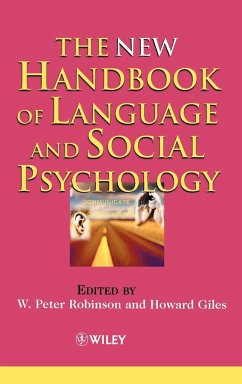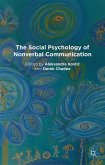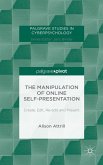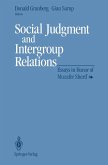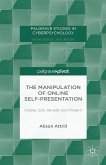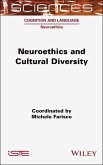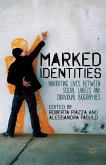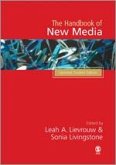What makes a good argument? How is language used to create social influence? How social is computer-mediated communication? This new, fully updated and revised The New Handbook of Language and Social Psychology reflects the increasingly diverse range of linguistic topics that social psychologists have investigated over the decade since the previous edition of this seminal work was published. Whilst the basic organization of the text remains the same, explanatory frameworks are accorded greater prominence than before and persons are seen as agents of communicative interaction rather than as victims of external of forces. Processes and actions are highlighted, i.e. how people do what they do and how they manage the discourse. In the final section, several applied topics reflect our changing lifestyle: computer-mediated communication, mass media, and organizations. The New Handbook of Language and Social Psychology is an essential source book for all psychologists concerned with language and how it functions in human communication. Those interested in interpersonal and intergroup social relations will find much relevance, as will practitioners and other professionals working in health and welfare, multilingual contexts, and organizations.

